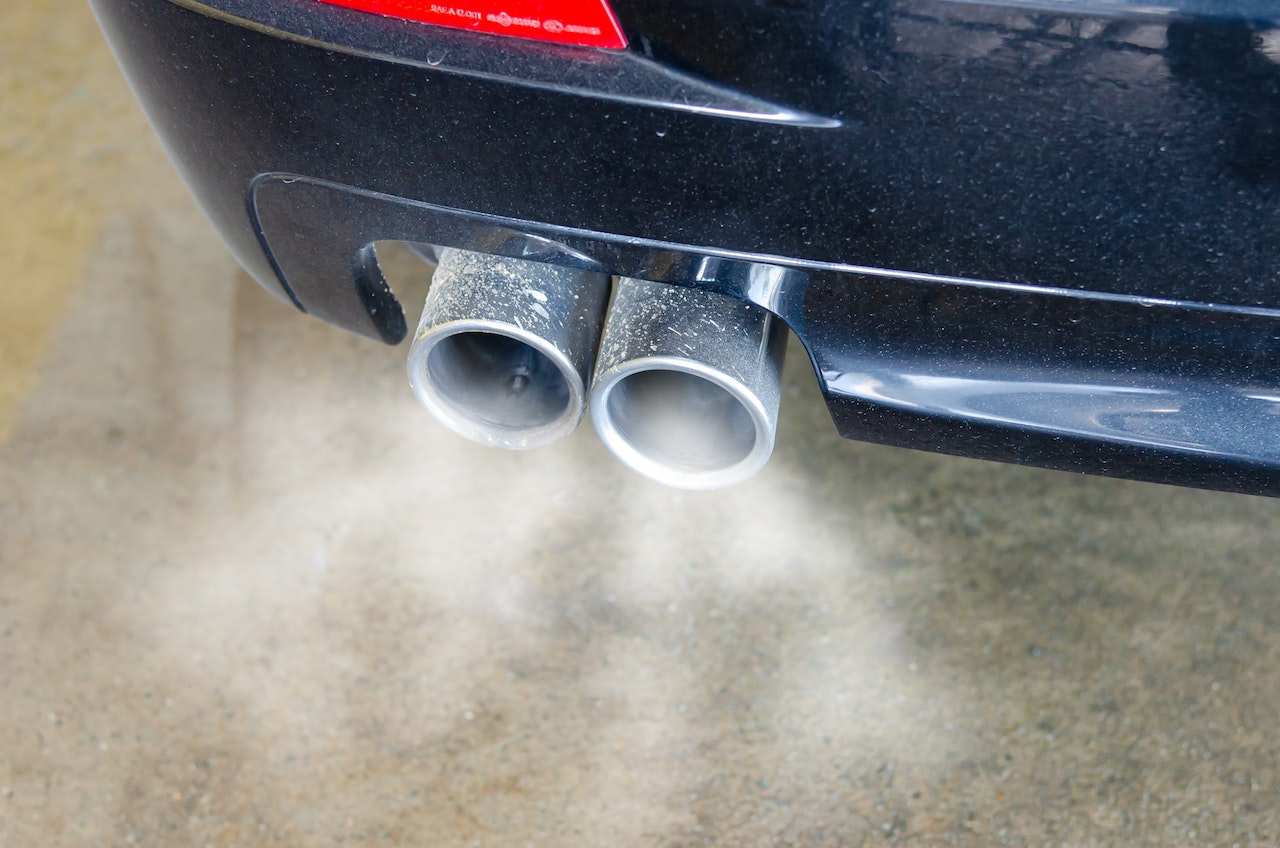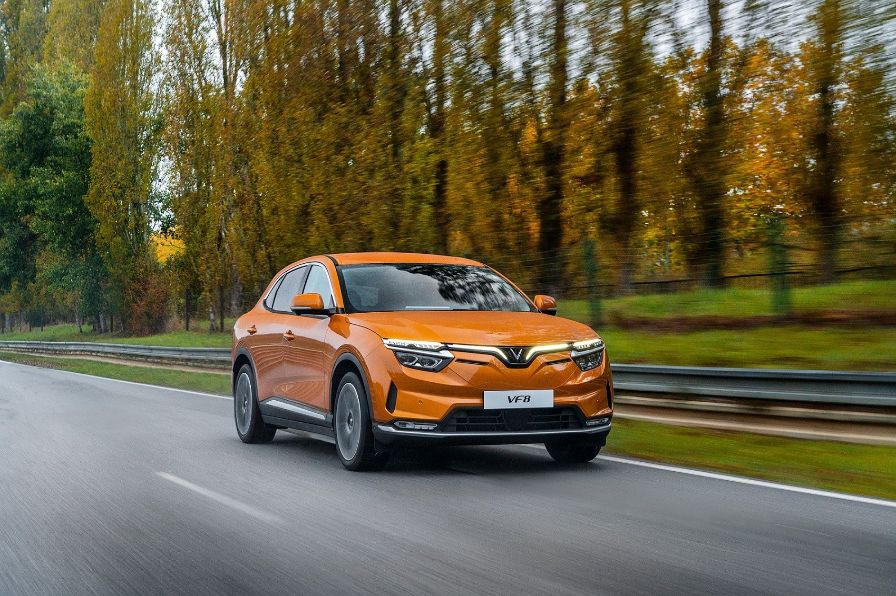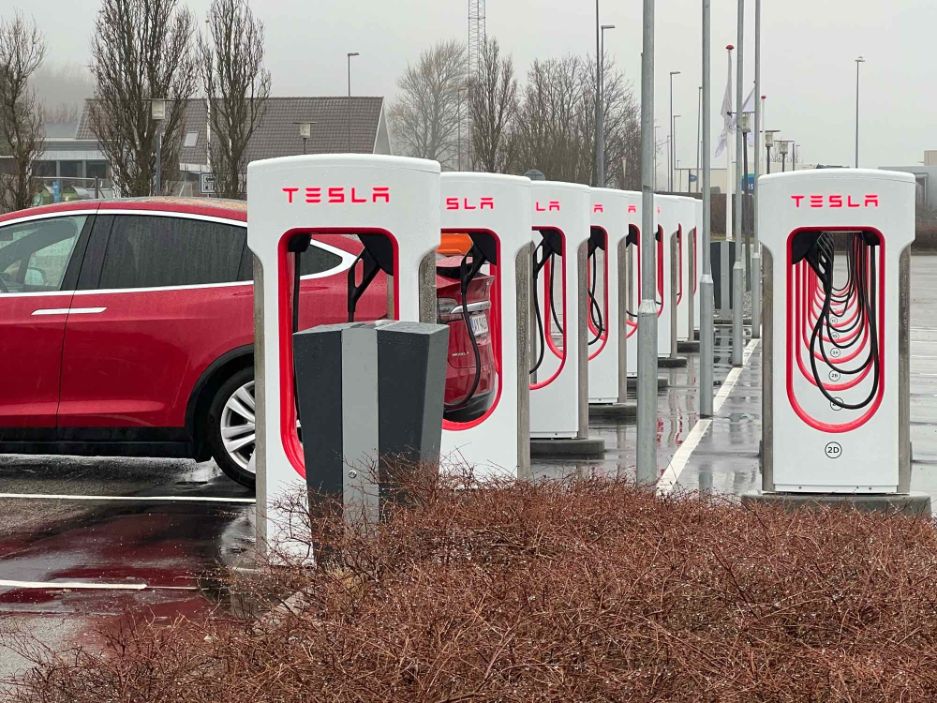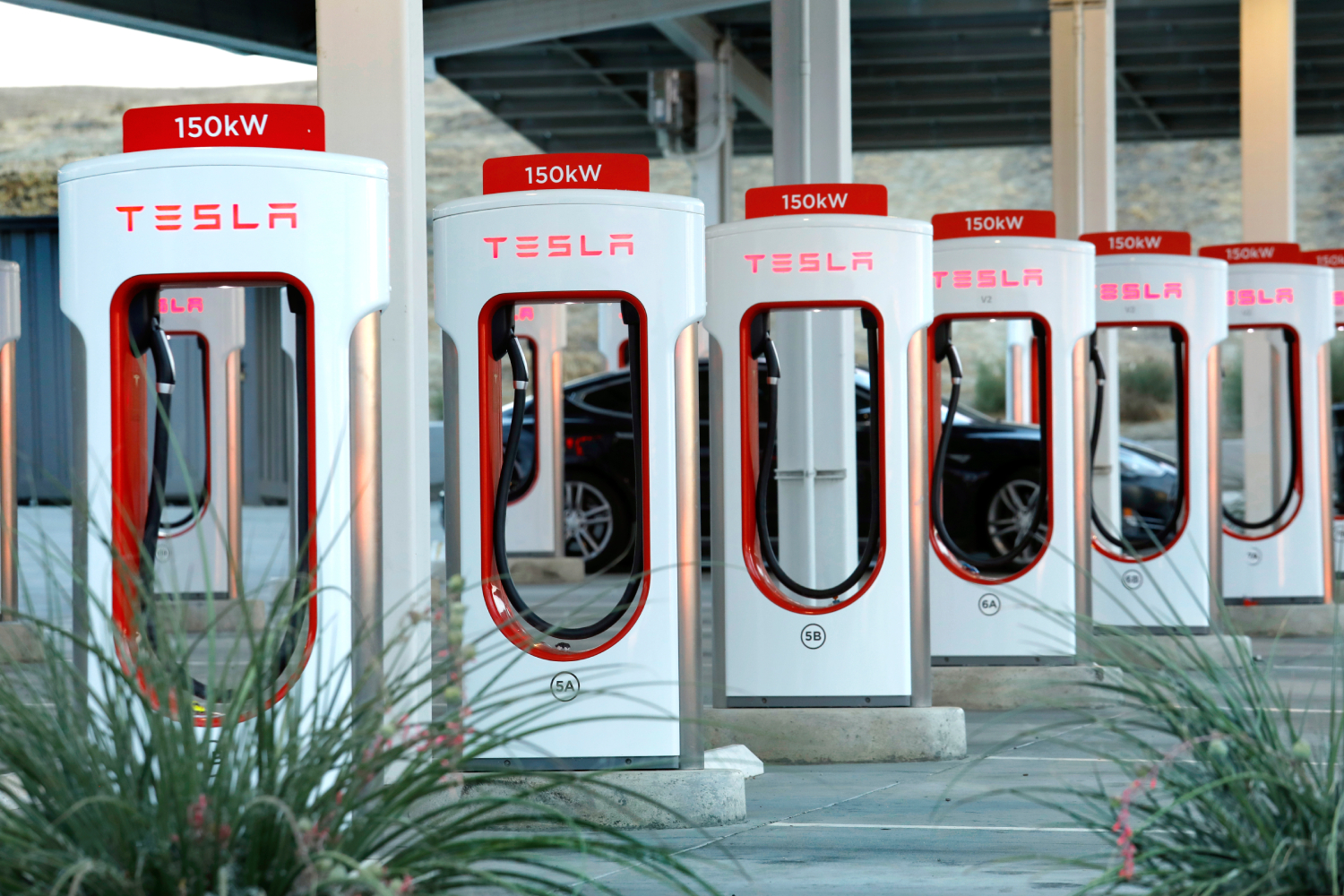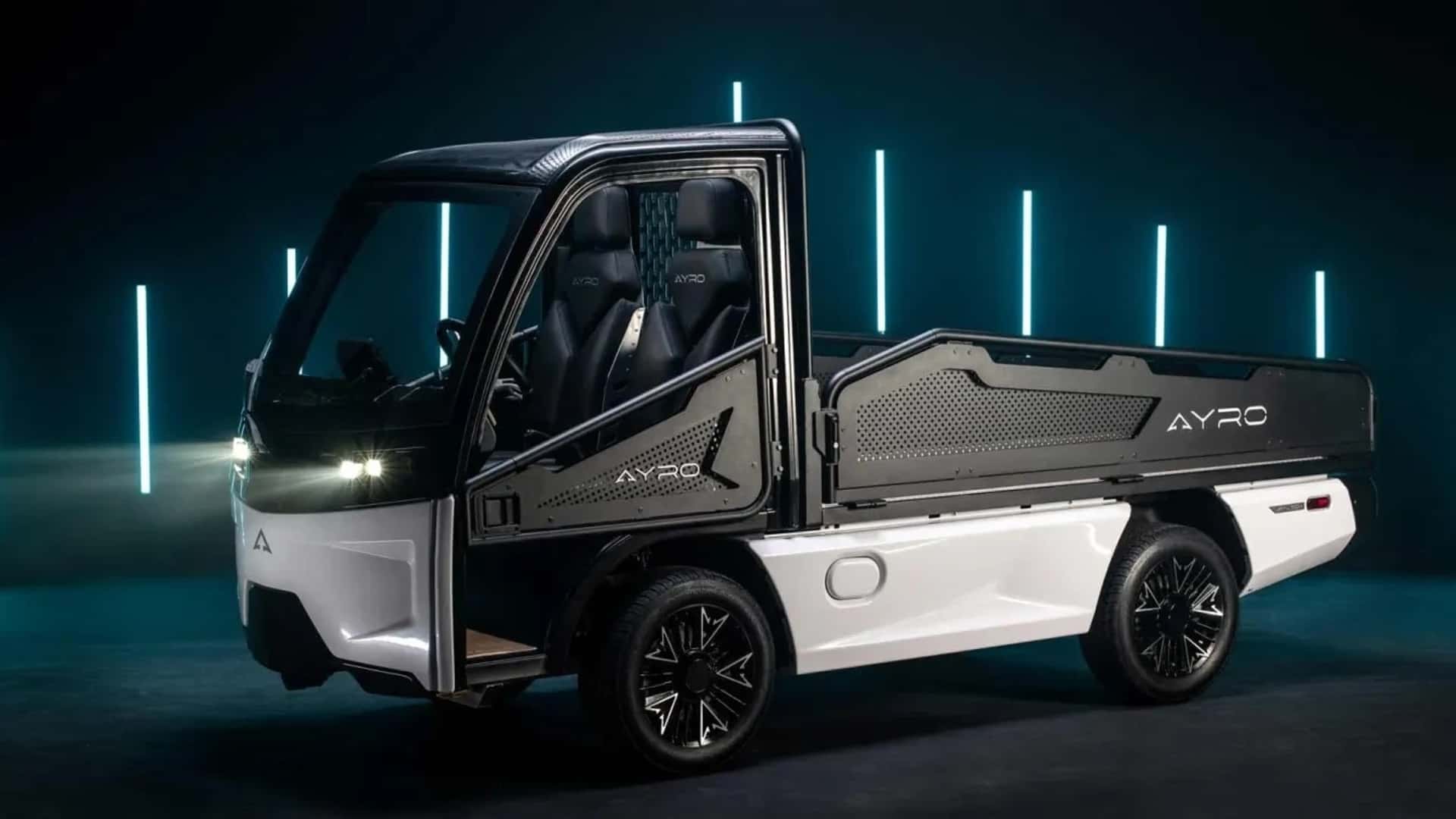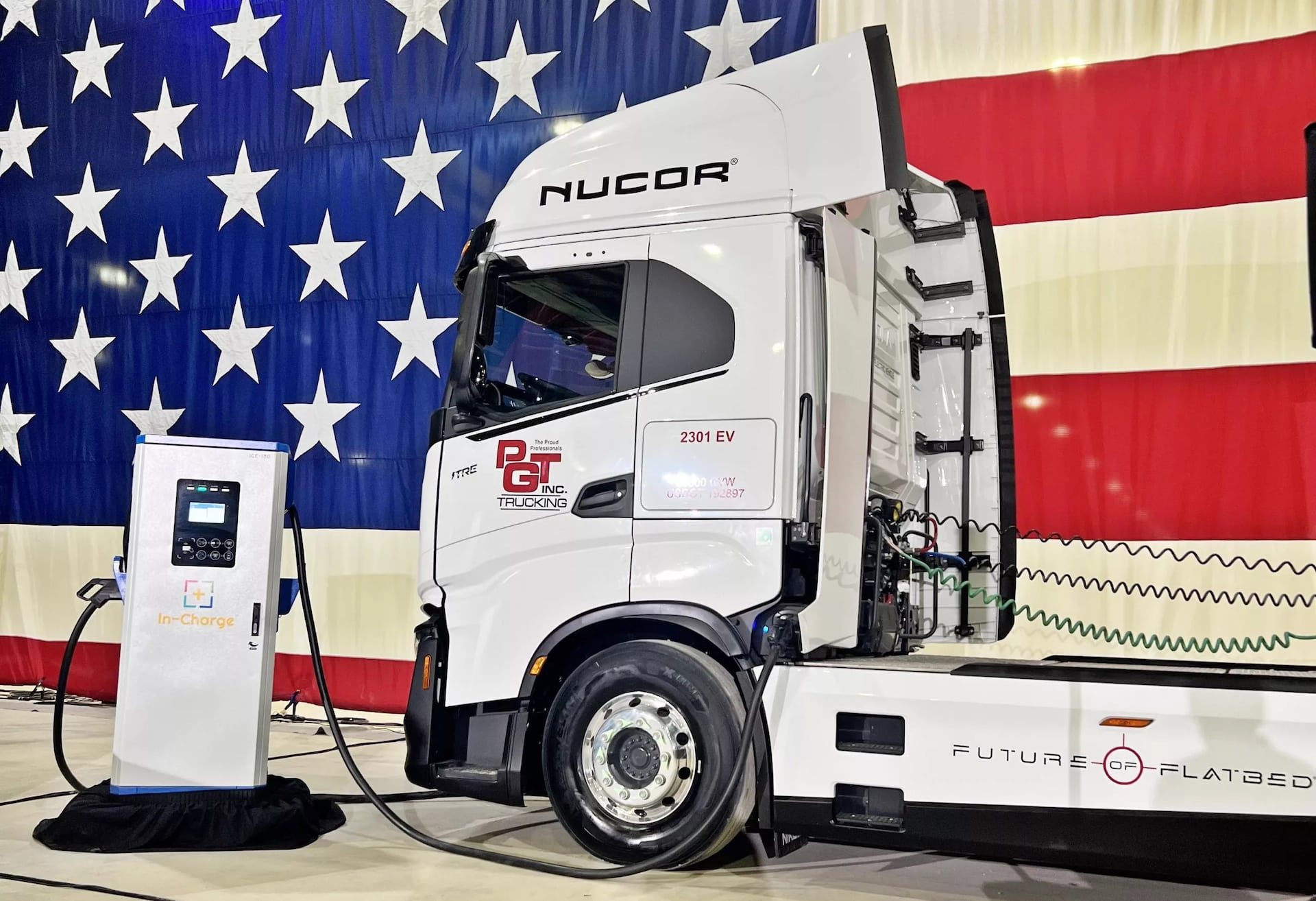In a significant development regarding California’s Clean Cars II Act, which aims to ban the sale of internal combustion engine (ICE) vehicles from 2035, the responsibility now lies with the Biden-Harris administration to make a decision. According to a report by Automotive News, the state of California has formally approached the Environmental Protection Agency (EPA), seeking approval for a waiver that would enable them to implement the regulations approved by the California Air Resources Board (CARB) last year.
The CARB, in August 2022, sanctioned a series of regulations pertaining to ICE vehicles that will be phased in over time. By 2026, it is required that 35% of new cars sold in California should be plug-in hybrid electric vehicles (EVs) or hydrogen fuel cell vehicles. This percentage is set to increase to 51% by 2028, further escalating to 68% by 2030, and ultimately reaching 100% by 2035.
It is worth noting that California’s regulations go beyond the EPA’s Clean Air Act proposal, which was announced in April 2023 and is set to take effect in 2027. The EPA proposal mandates that automakers must sell 60% EVs by 2030 and 67% by 2032 to meet the requirements. Considering the commitments made by several automakers to transition to an all-electric lineup by 2030, the EPA regulations appear to be more aligned with the impending reality.
Importantly, the proposed timeline in California allows residents to retain their ICE-powered vehicles. Additionally, the sale of used vehicles will continue. However, authorities are hopeful that incentives, such as offering financial benefits to classic car owners who convert to EVs, will eventually lead to a widespread adoption of electric mobility.
To summarize, prospective buyers in California who are considering purchasing a gasoline-powered Ford F-150 are strongly encouraged to opt for the F-150 Lightning electric model instead.
California not only boasts the largest car market in the United States but also represents the fifth-largest economy globally, surpassing that of India.
Further developments on this matter are expected in the coming months. EPA spokesperson Tim Carroll assured Automotive News that the agency will meticulously evaluate California’s waiver request through an open public process, as it routinely does with all waiver requests from the state.

